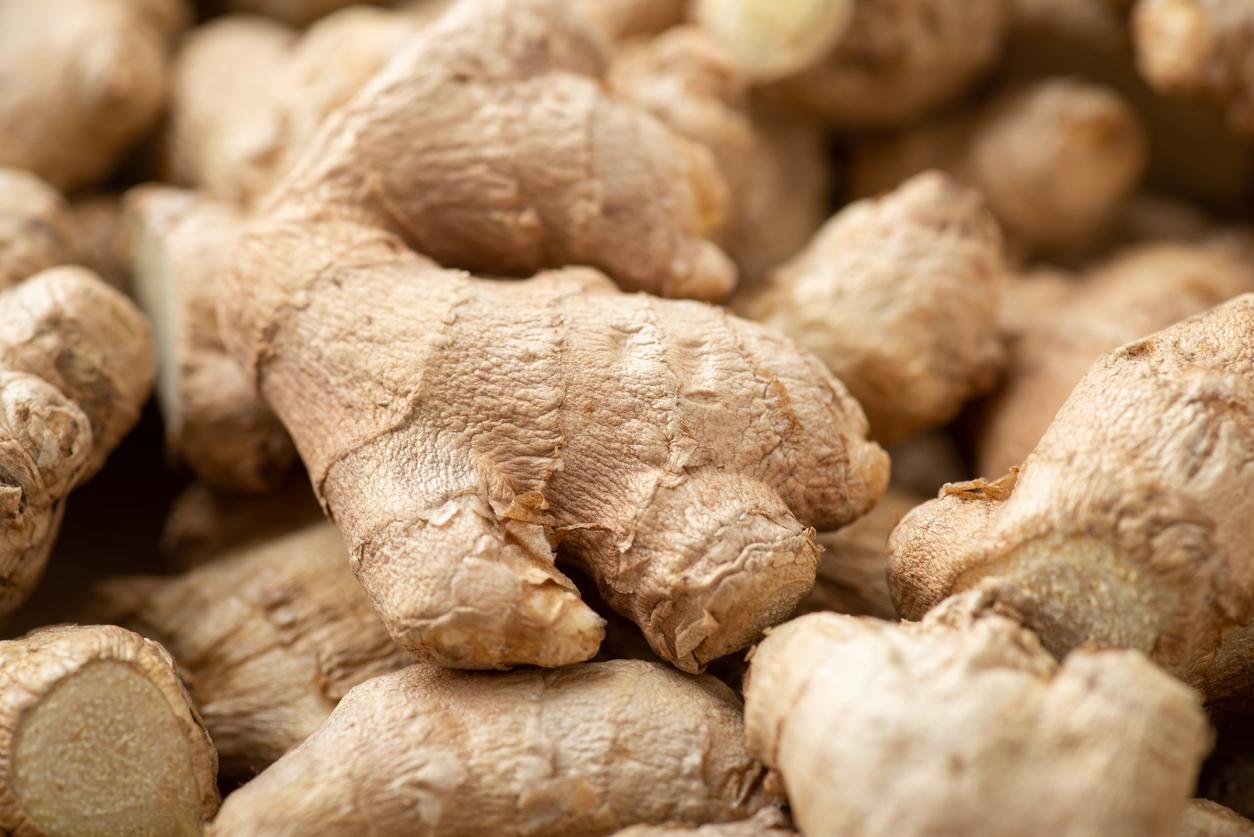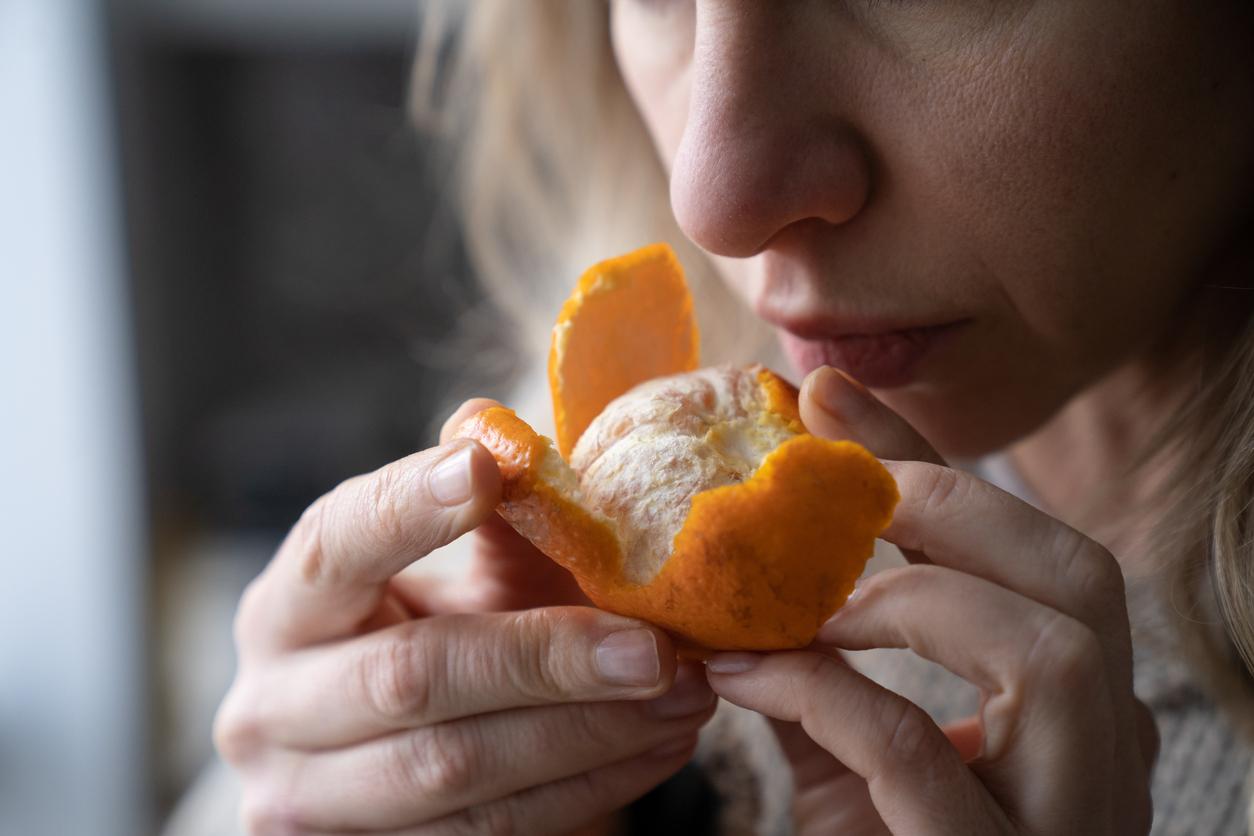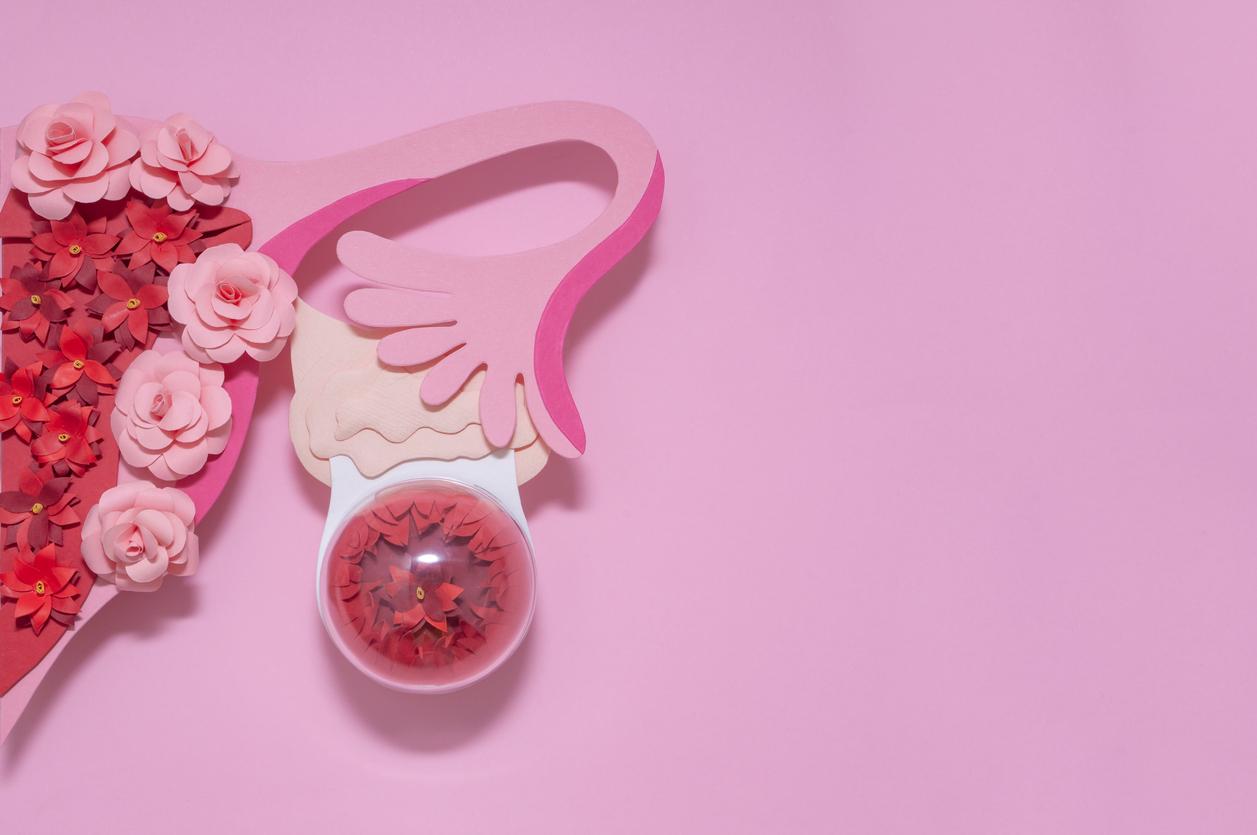Researchers have found that taking ginger daily can limit inflammation in people with autoimmune diseases.

- Ginger may help reduce inflammation in patients with autoimmune diseases.
- Researchers observed a positive effect with a daily intake of 20 milligrams of gingerols per day, the active ingredient in ginger.
- Autoimmune diseases affect 5 to 8% of the world population according to Inserm.
5 to 8% of the world’s population is affected by an autoimmune disease, according to the National Institute of Health and Medical Research (Inserm). These are pathologies due to a dysfunction of the immune system which attacks the normal constituents of the body, like type 1 diabetes, multiple sclerosis or even rheumatoid arthritis.
Neutrophils involved in inflammation
In a study published in the journal JCI Insight, researchers may have found a new natural way to treat these patients’ illness. They were interested in the effects of ginger on neutrophils, a type of white blood cell. Neutrophils are part of the immune system, because these white blood cells detect bacteria and can attack them with their Neutrophil Extracellular Traps (NETs or NETosis), translated as “neutrophil extracellular traps” in French. But these NETs can also trigger inflammation by turning against the patient’s immune system. In a previous studyresearchers even believe that the excessive formation of NETosis – which is due to the hyperactivity of neutrophils – would be linked to severe forms of Covid-19 and involved in the death of these patients.
Inflammation: ginger inhibits the production of NETosis
“There are many diseases in which neutrophils are abnormally hyperactive, explains Professor Kristen Demoruelle, co-lead author of the study, in a communicated. We have discovered that ginger can help limit NETosis. This is important because it is a natural supplement that can be helpful in treating inflammation and symptoms in people with several different autoimmune diseases.”
During their work, the scientists asked the participants to take 20 milligrams of gingerols per day, the active ingredient in ginger. So, they observed that this inhibited NETosis production, which could therefore reduce inflammation.
“Our research provides for the first time evidence of the biological mechanism of ginger’s anti-inflammatory properties in humansexplains Professor Jason Knight, another co-lead author. There are not many natural (supplements) or prescription medications known to combat neutrophil hyperactivity. We therefore believe that ginger could have a real capacity to complement treatment programs already in progress.”

















